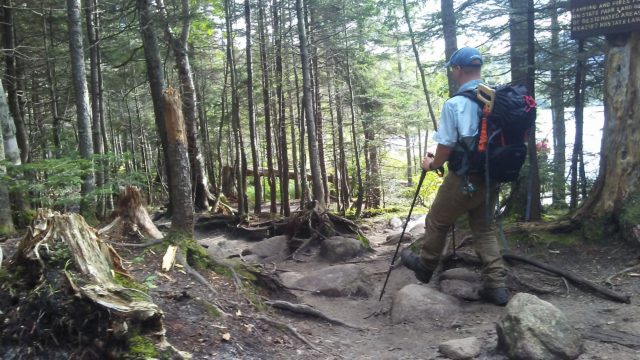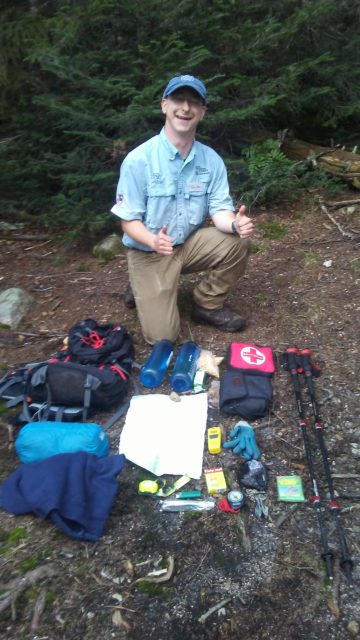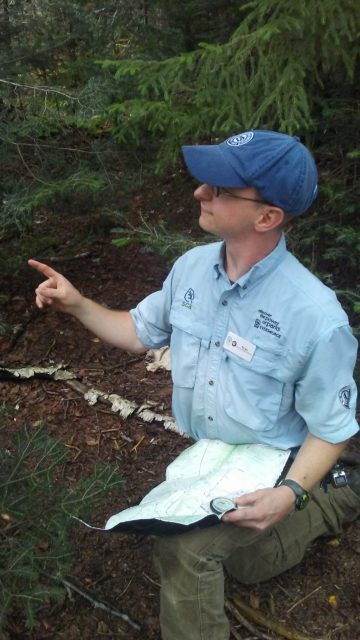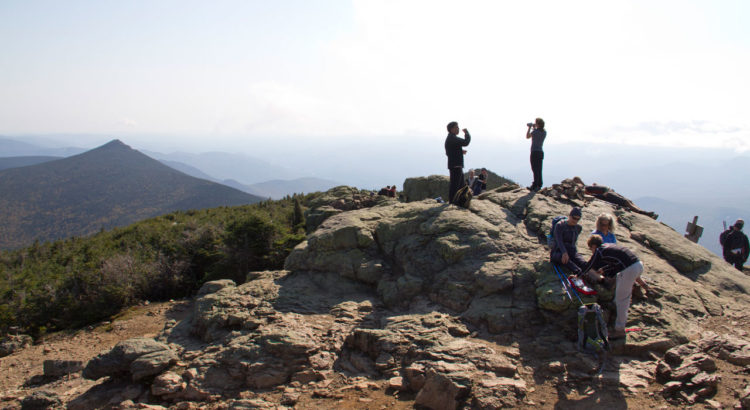
There are many amazing ways to discover the outdoors. Today, hiking is perhaps one of the most popular ways to enjoy the natural world. For many people, myself included, hiking is an amazing way to decompress, find spiritual renewal, and reset my mind from the everyday hustle and bustle. However, if not taken seriously, hiking in unsafe conditions and without the proper food and equipment can lead to potentially dangerous situations.
Before providing tips about how to stay safe while hiking, I would like to share with you a personal story about being unprepared while backpacking. During my junior year in college, I went on an overnight backpacking trip in Washington state where my friends and I overnighted in the Goat Rocks Wilderness Area. We were backpacking in February and I was ill prepared for winter weather in the mountains. I lacked many of the essential items for winter camping, including a winter sleeping bag and a more insulated sleeping pad. When I awoke the next morning, I realized my toes had suffered from Frost Nip. Frost Nip is a mild form of Frost Bite. Thankfully the hike out wasn’t more than three miles.
That cold backpacking trip in February, in addition to working as a backcountry ranger, have entirely changed how I approach hiking. Even if I am just heading out for a day hike, I still make sure to bring the Ten Essentials.
 Gear Talk-The Ten Essentials
Gear Talk-The Ten Essentials
Having the correct gear while hiking, even if you are going for a simple stroll in the woods is extremely important and potentially lifesaving. Carrying supplies beyond the basics prepares you for emergency situations. Most land managers recommend carrying the Ten Essentials while enjoying the outdoors. The Ten Essentials and the newly update Ten Essential “Systems” were designed by The Mountaineers, an outdoor club based in Seattle, WA. During the 1930’s, The Mountaineers created the Ten Essentials. The Ten Essentials is a list of items that outdoor recreationalists should have with them at all times. Since the 1930’s, federal, state, and local land managers have since adopted the Ten Essentials as an important part of their employee safety protocols. In short, if the professionals carry these items into the field, its best that you do as well.
The Ten Essentials “Systems”
1. Navigation (Map and compass.)
2. Sun Protection (Sunglasses and sunscreen.)
3. Insulation (Extra clothing.)
4. Illumination (Headlamp and flashlight.)
5. First Aid Supplies
6. Fire (Waterproof matches/lighter/candles.)
7. Repair kit and tools.
8. Nutrition (Extra food.)
9. Hydration (Extra water.)
10. Emergency Shelter (Space blanket.)

Safe Hiking Practices
- Research Beforehand: Planning and preparing for a trip is essential for your safety and the success of your trip. Learn the needs and skill levels of members in your group and select an appropriate destination. Hiking with an unprepared and unequipped group can be extremely dangerous, especially here in the White Mountains.
- Know your Equipment: The Ten Essentials are a great place to start. Make sure you know how to use and operate your equipment, especially in the case of an emergency. Before leaving for your trip make sure that you have packed the correct equipment and that the equipment is in good working order.
- Be Prepared for The Unexpected: Inclement weather and other emergencies can arise at any moment. It is important to have the necessary resources and knowledge in order to safely respond to the situation. If you begin to feel uncomfortable, don’t be afraid to turn back, your safety is more important than the destination. The mountains will be there another day.
- Be Good Stewards of The Earth: Nature commands a great deal of respect. Please adhere to all posted signs and regulations when visiting public and private lands. These regulations are intended to keep you and your group safe. Furthermore, regulations are intended to protect the natural environment for future generations.
Hiking in Franconia Notch State Park
Now that you know a little bit more about hiker preparedness, I have listed some of my favorite hikes in Franconia Notch State Park.
- Pemi Trail (North of Lafayette Place Campground): If you want a relaxing hike, look no further than the Pemi trail. This trail is one of the best kept secrets in the park. If you make it all the way up to Profile Lake, be sure to stop and watch the fly fishermen. Fly-fishing is a beautiful sport, we have some very good fly fishermen in the park.
- Artists Bluff/Bald Mt. Loop: I always tell folks this hike gets you the most bang for your buck. The Artists Bluff/Bald Mt. Loop has everything and is just under 2 miles in length.
- Lonesome Lake: This hike leaves from Lafayette Place Campground and ends up at Lonesome Lake. If you were to travel from the campground to Lonesome Lake and then back, the distance would be about three miles.
- Falling Waters Trail: This trail is a bit more challenging. Please be prepared for some rugged conditions and one heck of a climb to Little Haystack.
- Cannon Mountain: There are several ways to summit Cannon Mountain. Do some research and find out what trail system best caters to your level of comfort.

The State of New Hampshire has other resources available to help you responsibly enjoy the outdoors. Purchasing a Hike Safe card from New Hampshire Fish and Game can help reduce the cost of an emergency rescue. Additionally, there are plenty of online resources to assist you in preparing for your trip. More information on safe hiking practices can be found on the New Hampshire Fish and Game website and the U.S. Forest Service website.
Lastly, uniformed personnel are some of the best resources for trip planning. Stop by a visitor center before heading out to receive the most up to date weather and information. We look forward to seeing you!


Thanks for the helpful tips!! I love hiking Tuckerman Ravine to the top of Mt. Washington. It has become an annual tradition over the past 6 years. Visited the Flume this year and the Park Service do an excellent job with the wood stairways along the way, new shelters were also built well!! Thanks again for your helpful tips!😀
Just a question. Do yo know of any bus trips to Franconia park? Would love to visit but wouldn’t like to drive there. Maybe out of NYC or some other city. Also what would be a convenient place to lodge. I’d like to be near the more challenging trails.
I’m going to hike the Pemi loop this june and was wondering, are the trails clearly marked and easy to follow